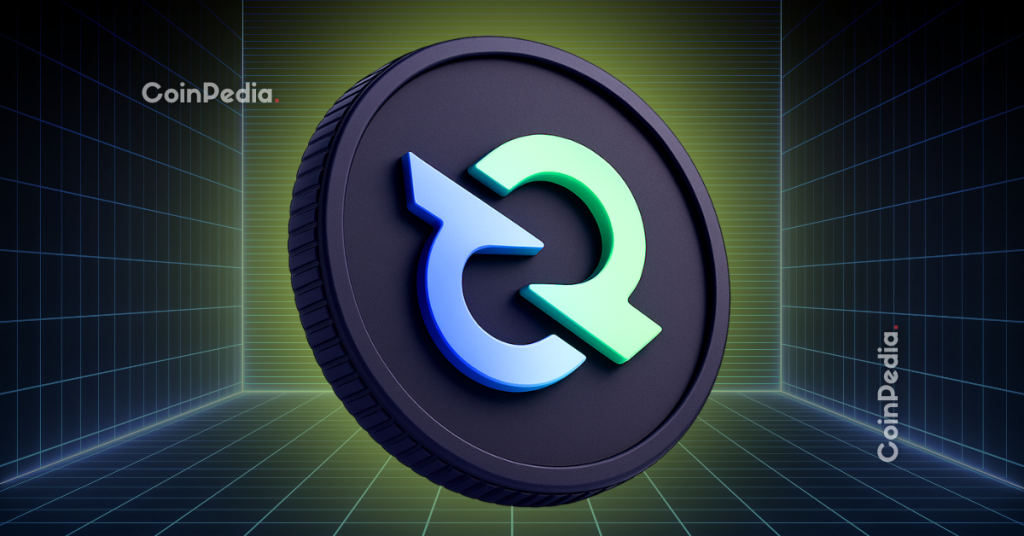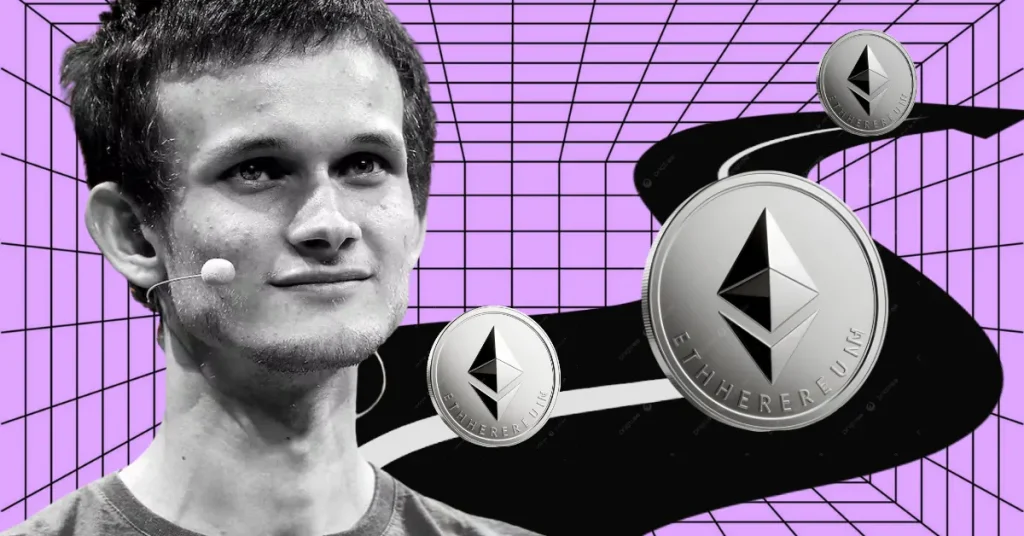Shares of Alphabet dropped by 3% on Tuesday after OpenAI announced what looks like a full-on web browser built on ChatGPT.
The teaser, a five-second clip posted on X, showed just three tabs: “Livestream,” “Today,” and “10 a.m. PT.” That’s all it took. Just hours before the livestream, OpenAI CEO Sam Altman posted separately, saying the company was launching a product he’s “quite excited about!”
The YouTube livestream was titled “Introducing ChatGPT Atlas” and included a short description that confirmed it: this was OpenAI’s new browser.
It’s now available for macOS users globally, with support for Windows, iOS, and Android “coming soon,” according to the post. This is a full browser product, and it comes just as competitors are racing to push similar AI-based tools into the hands of users.
OpenAI browser competes directly with Google and Perplexity
This wasn’t OpenAI’s first move in the browser lane. In January, the company introduced Operator, an AI agent that used a browser to carry out tasks. But Operator wasn’t a full browser on its own, it just operated inside one.
This new product changes that completely. With ChatGPT Atlas, OpenAI officially becomes a browser company too. That puts it on a collision course with both Google and Perplexity AI, which have been fighting to win user attention and market share.
Earlier in October, Perplexity rolled out Comet, an AI-powered browser available worldwide for free. It works like an assistant; searching the internet, organizing tabs, writing emails, shopping, and more. All the tasks people usually spread across apps can now happen in a single AI-driven interface. And it doesn’t stop there.
Google, under pressure since ChatGPT’s original launch in late 2022, added its Gemini model to Chrome in September. It allows users to ask questions about pages, manage tabs more easily, or handle multitasking inside one window.
Search for a YouTube clip? Schedule a call? Translate something? Gemini now handles that. Still, the reaction to OpenAI’s new browser hit Google hard.
Sundar Pichai reacts to OpenAI moves, admits timing hurt Google
During a panel chat with Marc Benioff at Salesforce’s Dreamforce event last week, Google CEO Sundar Pichai was asked how he felt when OpenAI released ChatGPT before Google could get its own tool out. Marc described Google as the “absolute leader in AI” and called OpenAI “this little company in San Francisco.”
Sundar responded, “But you’re right, credit to OpenAI, they put it out first.” He added that Google had been working on a chatbot internally, but didn’t release it at the time because it wasn’t ready for public use.
“We hadn’t quite gotten it to a level where you could put it out and people would’ve been OK with Google putting out that product. It still had a lot of issues at that time.”
Sundar said that Google already had serious investments in AI infrastructure, its own chips, and research teams, and that they were well prepared when ChatGPT launched. But the timing was off.
“For me, when ChatGPT launched, contrary to what people outside felt, I was excited because I knew the window had shifted,” he said. Sundar also admitted that Google didn’t react right away because it had a higher “reputational risk” than OpenAI.
Still, the internal response was anything but chill. The New York Times reported that Google issued a “code red” and moved fast to catch up.
Whole departments were redirected to work on AI, and it wasn’t until March 2023 that Google finally launched its own chatbot. The tool first came out as Bard, but was later renamed Gemini.
That entire timeline matters now more than ever.
Sign up to Bybit and start trading with $30,050 in welcome gifts
















 English (US)
English (US)